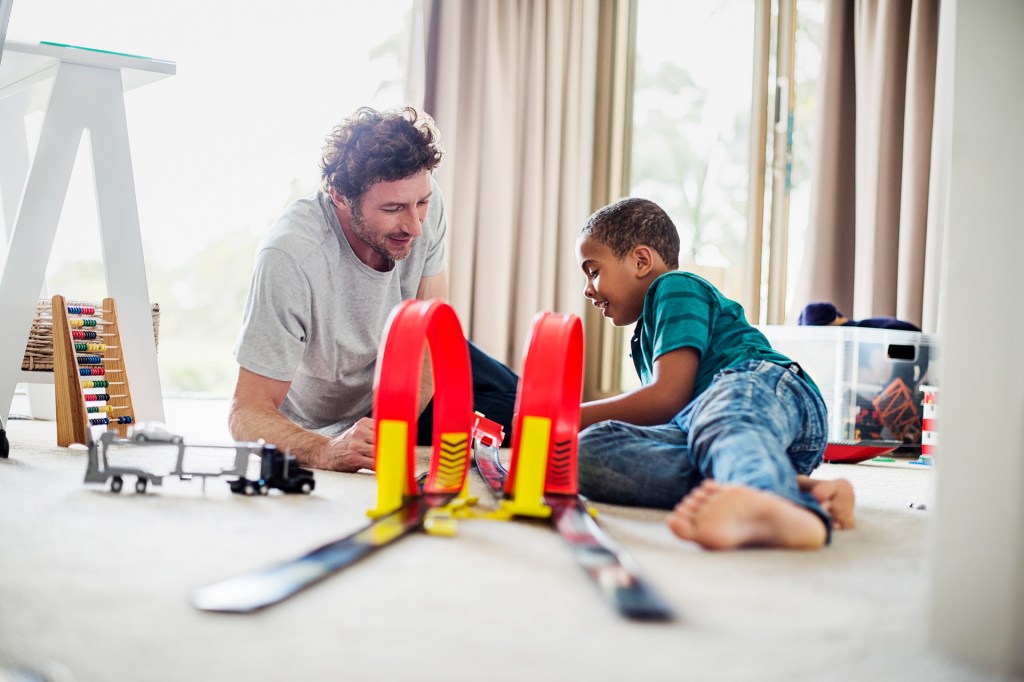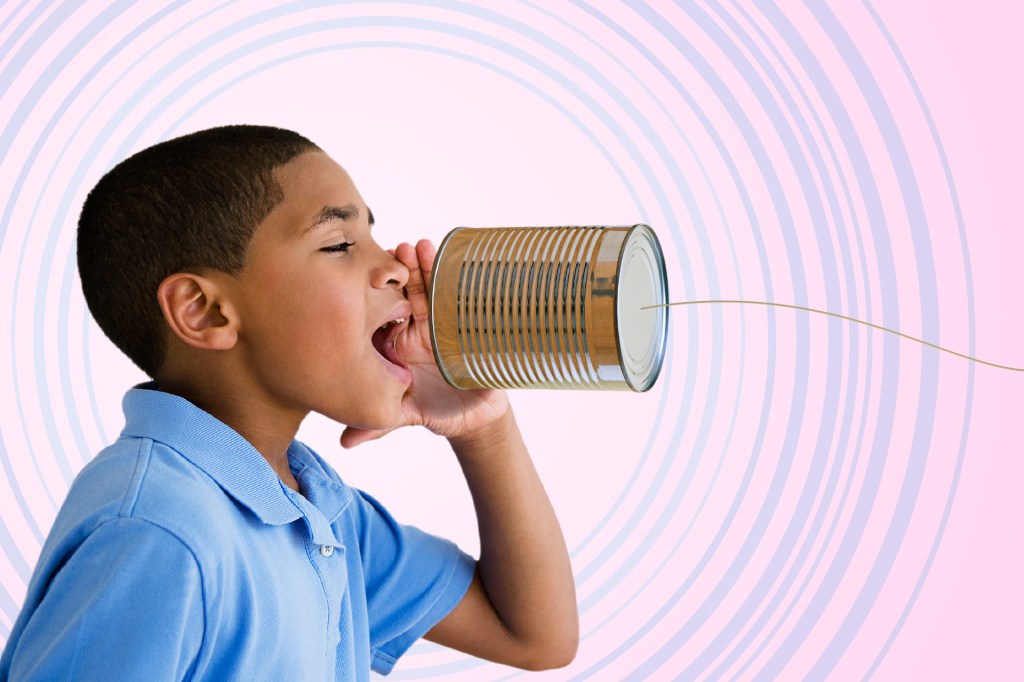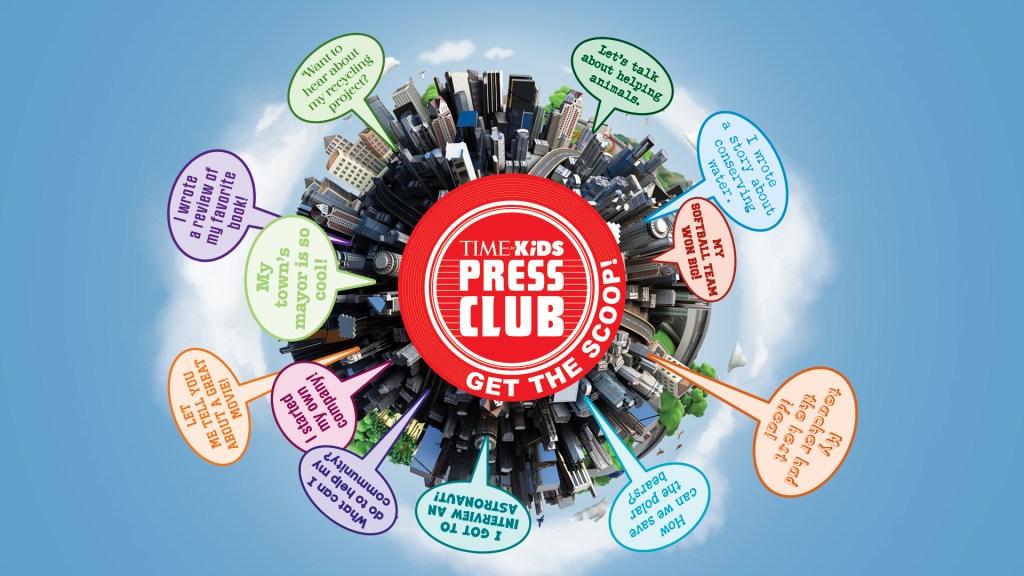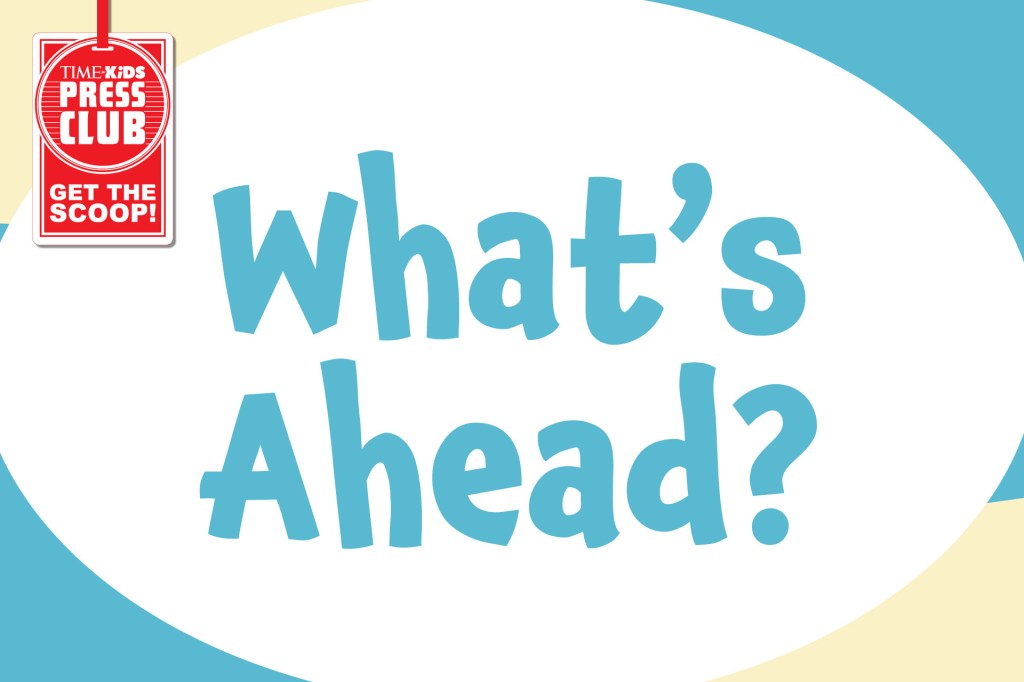Positively Happy

One night before bed, Christine Carter was sitting with her daughter in her lap. They were making a list: “Three Good Things of the Day.” Her daughter, who was braiding Carter’s hair, said, “Mom, this is going to be one of my three good things.”
Making a list was their way of reflecting on things they were grateful for. It’s a technique based in an expanding field of research known as the science of happiness.
Carter is a sociologist at the University of California, Berkeley. She studies how schools and families can foster foster to help something grow or develop (verb) The principal worked to foster a positive environment at the school. positive emotions and help kids lead healthier lives. This has become especially important during the coronavirus pandemic, with many kids feeling isolated. “Most kids don’t know this, but they’re grieving,” Carter told TIME for Kids. “They’ve missed out on important events. Many have lost people in their lives.”
Finding the positive doesn’t mean never being sad. It means understanding that feeling sad is natural, and that it passes more quickly if we can notice the good things in life. “This is really about mental health,” Carter says. “We can practice bringing happiness to ourselves. It’s like putting money in the bank. We can be ready to cope with hard times in the future.”
How to be Happy
A key step toward happiness is learning how to describe emotions, even negative ones. Feeling blue? It’s better to embrace embrace to accept willingly or eagerly (verb) She embraced recycling after learning about how much plastic wound up in the oceans. the emotion than to ignore it. Ask yourself: “What do I feel? Where in my body am I feeling it? Does it have a color or shape?”
Expressing gratitude is also important, Carter says. Let’s say you often bicker with a brother or sister. Reflect on why you’re grateful for that person. Remember the good times. This makes it likely you’ll get along better tomorrow.
But the surest way to happiness is kindness. Helping others gives life purpose, Carter says, because you are changing the world. Even more, “We feel a sense of connection and love,” she adds. “We are hardwired to feel better in community. Our nervous system feels safe when we’re connected with other people.”
Take Care
Here are some things you can do every day to be happier.
Take deep belly breaths.
Write down things you’re grateful for.
Talk with a friend.
Do something kind for someone.
Exercise, eat well, and get enough sleep.













